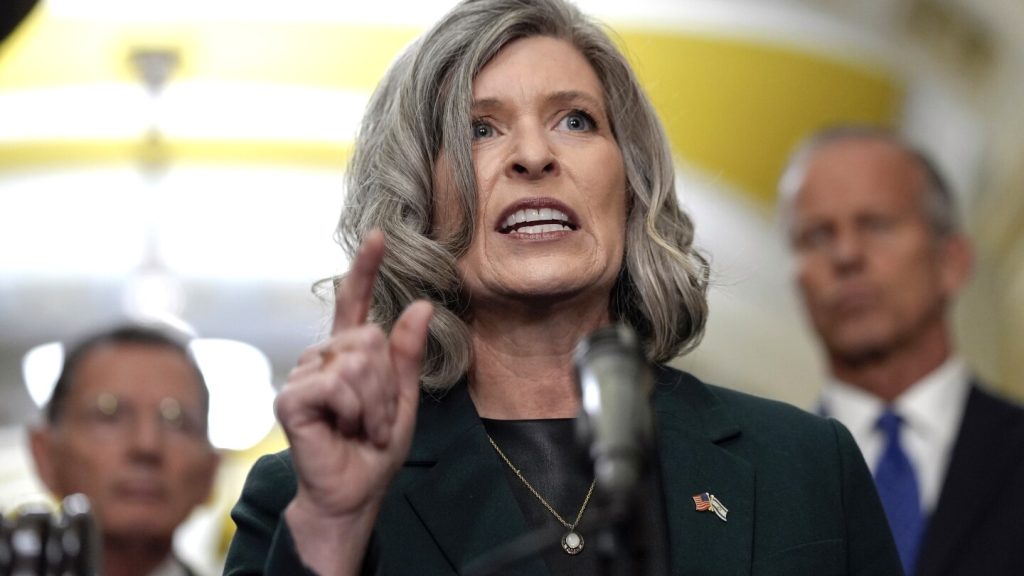In a recent development, a group of Republican lawmakers, including Rep. John Moolenaar, Sen. Marco Rubio, and Sen. Joni Ernst, have called for a federal investigation into McKinsey, a U.S. consulting firm, over its work with the Chinese government and state-owned enterprises. The lawmakers have raised concerns about McKinsey’s $480 million contracts with the Defense Department while also advising China’s national and provincial governments and state-controlled businesses. The letter accuses McKinsey of misrepresenting its relationship with the Chinese government and posing a risk to U.S. national security.
Despite the lawmakers’ allegations, McKinsey has defended its practices in China, stating that it follows a rigorous client service policy and does not work for the ruling Chinese Communist Party or the central government. The consultancy claims to mainly work with multinationals and private Chinese businesses. The scrutiny over McKinsey’s dealings with Beijing comes at a time when the U.S. and China are engaged in increased competition, leading American politicians to reexamine business ties to prevent Beijing’s military and economic advancement with U.S. help.
The Biden administration has taken steps to restrict China’s access to advanced technology through export controls and limits on U.S. investments in areas such as microelectronics, quantum information technologies, and artificial intelligence. A recent Republican congressional report highlighted concerns that partnerships between American and Chinese universities could aid Beijing in developing critical military technology. U.S. companies with operations in China are now adjusting to the new geopolitical reality, with reports indicating that McKinsey has scaled back its government-linked clients in China and reduced its workforce there significantly.
The letter by Republican lawmakers alleges that McKinsey has played a role in helping China rapidly develop its military and economy through its consulting services. It accuses the firm of failing to disclose its work with the Chinese government while securing U.S. defense contracts, giving it access to classified or sensitive national security data. McKinsey’s global managing partner, Bob Sternfels, stated in a Senate committee hearing that the company has never worked for the Chinese Communist Party or the central government in China. However, the lawmakers contend that McKinsey may have misrepresented its relationship with the Chinese government based on public information and documents.
As tensions between the U.S. and China continue to rise, American companies are reevaluating their business relationships with Beijing to ensure compliance with national security interests. The Wall Street Journal reported that McKinsey has reduced its government-related clients in China and trimmed its workforce by about a third. The ongoing scrutiny over McKinsey’s work in China reflects broader concerns about the potential transfer of technology and know-how to the Chinese military. It remains to be seen how the federal investigation sought by the Republican lawmakers will unfold and what implications it may have for McKinsey’s operations in China and its contracts with the U.S. government.


